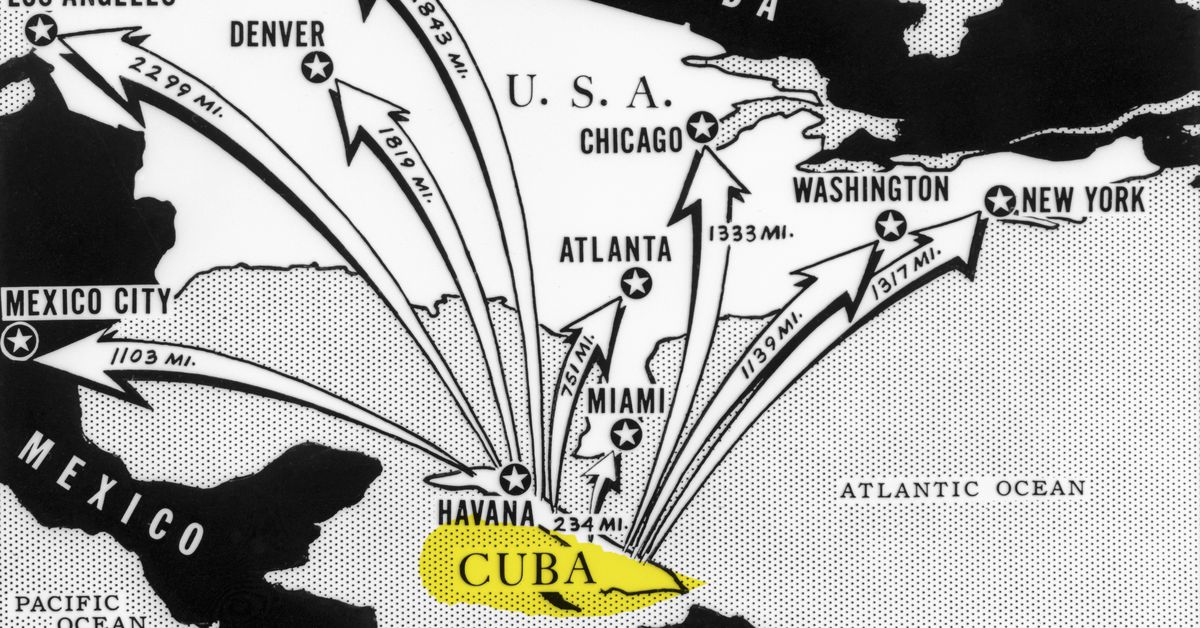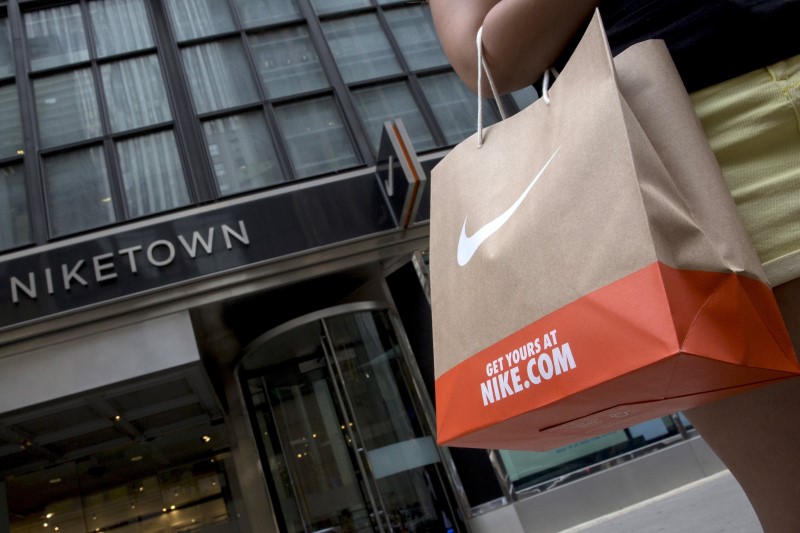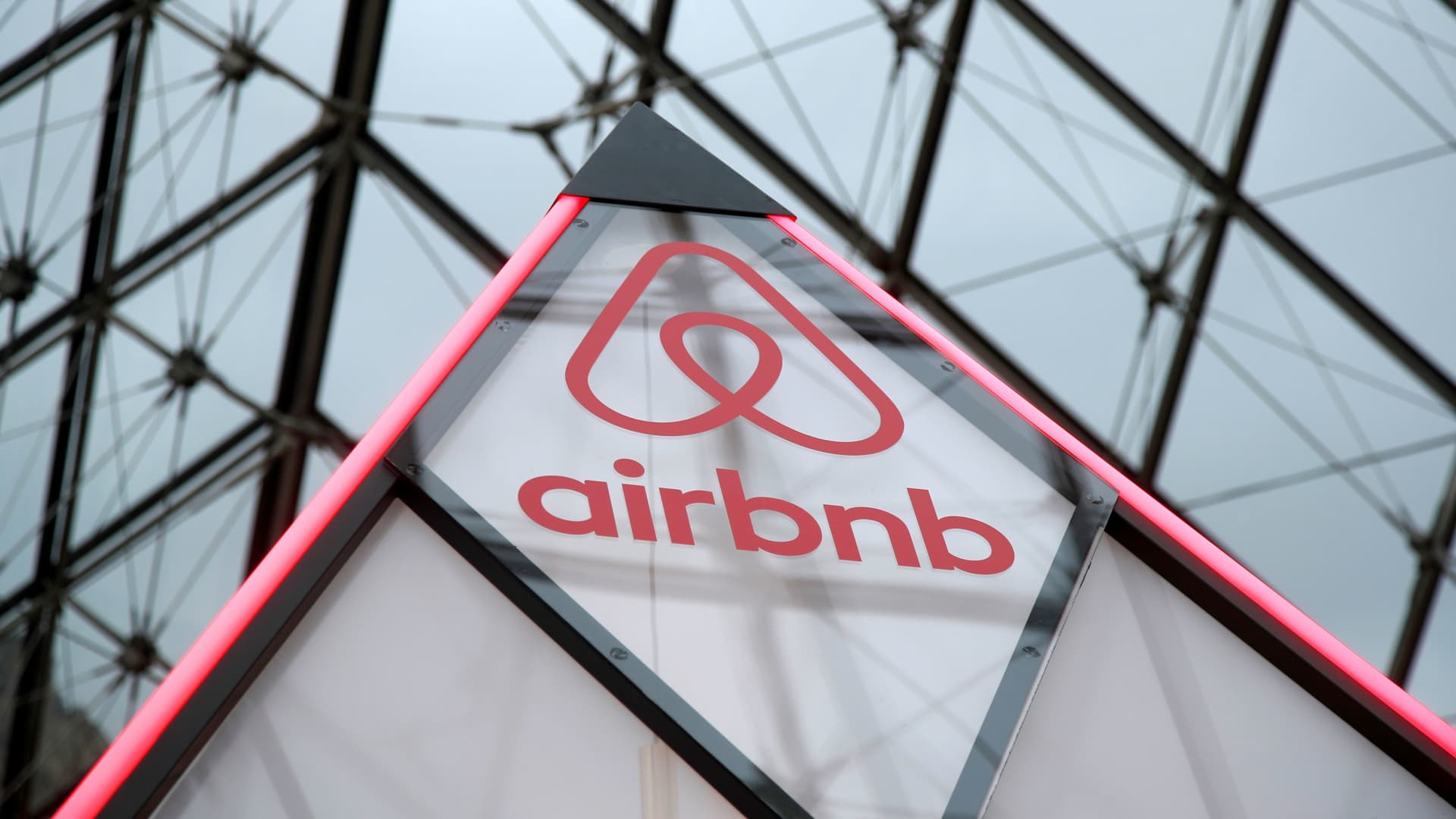This Diwali was triply blessed for people of Indian origin across the world: India beat Pakistan at cricket and a Briton of Indian descent became prime minister of the UK. ’s politics or policies aren’t the point. The WhatsApp groups that pass as India’s public square today aren’t dissecting his views on Brexit or austerity. Not when someone who shares our heritage leads the country that once colonized us. It’s hard to overstate the symbolic significance of Sunak’s premiership. He is the first British PM of colour, the first who is proudly not Christian, and the first child of two immigrants. And he has reached No. 10 Downing Street at the youngest age of anyone in over a century.
Nevertheless, some will try to minimize it. One Labour MP tweeted that this “wasn’t a win for Asian representation” because Sunak is also very wealthy. This is reductive and cynical. Also, lots of Asians are crazy rich. There was even a movie about it.
Few things fit the moment less than attempts to define what constitutes a “real Asian.” Yes, Sunak is rich and connected. He worked at an investment bank and a hedge fund, and, like 16 of Britain’s 17 university-educated post-war PMs, went to Oxford.
Indians remember, though, that no matter how well educated you were, which universities you attended, there was a limit to how far you could rise in the Raj. The imperial glass ceiling was as hard as the Kohinoor diamond. And Sunak has shattered it.
Members of the Indian diaspora also note that Sunak’s origin story sounds suspiciously like many of theirs. He is the son of a doctor and a pharmacist; his grandmother sold her wedding jewellery to pay for her journey to England in the 1960s.
As for those riches, yes, his wife Akshata Murty is a billionaire’s daughter. But N.R. Narayana Murthy is also one of those Indian WhatsApp groups’ beloved figures; he co-founded one of India’s most iconic companies and lives in the same Bengaluru flat he did before he got rich.
To flatten Sunak’s identities is to deliberately underplay the layers of experience, varieties of striving and richness of background that immigrants bring to any population. Sunak wasn’t directly elected or even chosen by Conservative Party members, and nobody believes his appointment will usher Britain into a post-racial era. And yet the speed of Britain’s change is remarkable, especially as diversity came late to UK politics. When India was an imperial possession more than 75 years ago, two Parsis were elected to Parliament. But it was not until 1987 that another person of colour entered the British House of Commons in London. Indeed, within living memory, a Conservative grandee predicted that Commonwealth immigration would cause “rivers of blood” to flow down English streets. Enoch Powell’s party has now chosen the child of one of the very people he warned about, albeit to restrict immigration very much as Powell would have wanted.
Sunak does not transcend or defy the common clichés about Indian immigrants. He has neither the exceptional charisma of a Barack Obama or the ideological fervour of a Margaret Thatcher. If anything, what most appeals to his fellow Conservatives at this point seems to be his air of solid, reliable competence and diligence. Nor has Sunak hidden or obscured how much his background means to him: Two Diwalis ago, he was photographed placing diya lamps on the front steps of No. 11 Downing Street.
Most Indians know that a member of our diaspora in power is unlikely to be, in practice, good news for the rest of us. Politicians have long had to worry about accusations of dual loyalty. The modern Conservative Party was built by a man of Jewish descent, Benjamin Disraeli. But, as a recent biography by David Cesarani pointed out, he did not lift a finger for Jewish causes. For his part, Sunak has re-appointed Suella Braverman—another ‘British Indian’—as his cabinet’s home secretary just weeks after she caused a stir by singling out Indian [visa-overstayers] for criticism.
Representation is just that: representation. It means that someone of your heritage can ascend to the highest offices of state. It does not mean that that person will offer you special protection.
But representation has value in and of itself. Disraeli proclaimed the British empire in India to please Queen Victoria; now his party and legacy are in Sunak’s hands. Winston Churchill called Indians “a beastly people with a beastly religion” and declared he had “not become the king’s first minister to preside over the liquidation of the British Empire.” Sunak is now the British king’s first minister and the Empire is among the unmourned dead.
So if, next year, Sunak cheerfully puts Diwali candles outside a house that once was Churchill’s, you’re not Indian if you don’t smile a little. That’s the only identity gatekeeping I’ll allow.
Mihir Sharma is a senior fellow at the Observer Research Foundation in New Delhi and author of ‘Restart: The Last Chance for the Indian Economy’.
Download The Mint News App to get Daily Market Updates.
More
Less
















